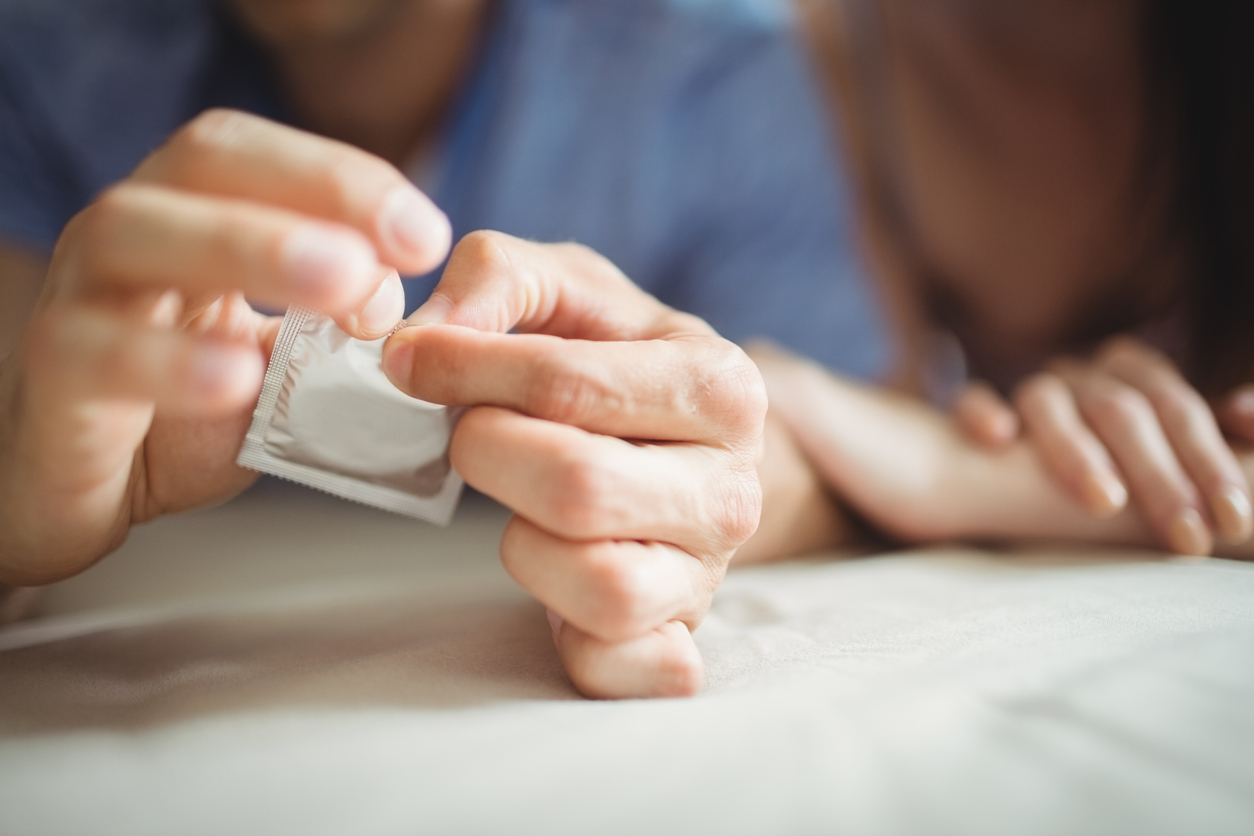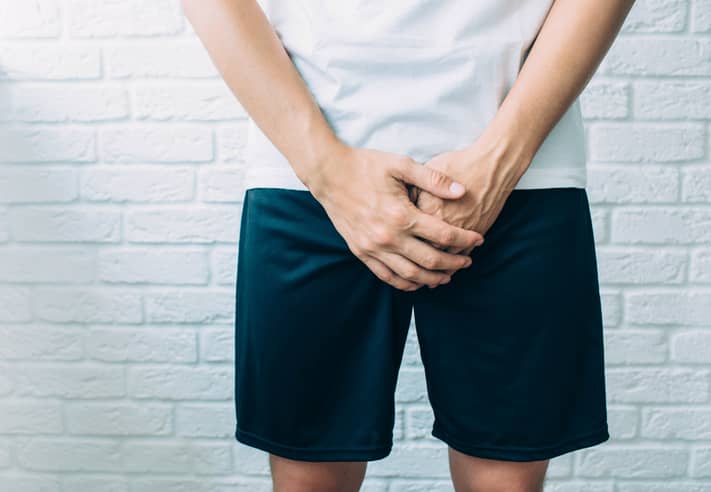If the skin on your penis is sore or irritated, you can try a combination of self-care techniques, creams and ointments to treat it yourself at home.
You can also reduce the risk of a sore penis by practicing good hygiene.
If you are concerned, or the irritation gets worse or lasts for more than 3 weeks, you should visit a doctor.
How to keep your penis clean
Keeping your penis clean is key to reducing soreness and redness. Follow these personal hygiene tips once a day:
- wash the penis with warm water when taking a shower
- if you have a foreskin, gently pull it back and wash underneath
- remove any cheesy-looking substance (smegma) gathered on the head and under the foreskin
- clean the base of the penis and testicles
- clean the area between your testicles and bottom
- don’t use talcum powder or deodorant on your penis as it may cause irritation
What’s caused your sore penis?
There are many causes of a sore penis, which will impact the type of treatment you need.
Balanitis, psoriasis and lichen planus
If your symptoms are caused by inflammation from balanitis (swelling or irritation of the head and sometimes foreskin of the penis), psoriasis (redness, pain and splitting of the skin on the penis) or lichen planus (an itchy rash) you should:
- avoid anything that can irritate your skin, such as antibacterial soap
- use a mild or non-perfumed soap once or twice a day, and moisturiser as needed
- wear white cotton underwear, which should have no chemical dyes that can irritate the skin

STIs
Some of the most common sexually transmitted infections (STIs) have symptoms of redness and soreness, such as genital warts, genital herpes and gonorrhoea.
If you think your symptoms are caused by an STI you should see a doctor for treatment. You can help prevent a repeat occurrence by:
- practicing safe sex by using a condom
- using latex-free condoms if you have an allergy
- using a lubricant during sex to reduce pain and soreness -- but check the ingredients first
How a pharmacist can help
Speak to a pharmacist if your symptoms are mild or worrying you so they can offer the most appropriate treatment.
Treatments include:
- antifungal medicine -- clotrimazole -- can help to reduce skin irritation if it is caused by thrush
- moisturisers -- these can help to keep the skin moisturised and reduce itching associated with psoriasis or lichen planus. Ask for a product that won’t further irritate the skin of your genital area
- cold compress -- this can help to soothe itching and reduce swelling associated with lichen planus
When to see a doctor about a sore penis
Visit a doctor if:
- you're worried about your symptoms
- your symptoms last longer than 3 weeks
See a doctor immediately if:
- you think you have an STI, as there is a risk of spread to other people and, sometimes, other parts of your body
The doctor may examine your penis and request some tests to rule out an STI or penile cancer.
Try not to feel embarrassed, and remember that what you tell a doctor is private.






